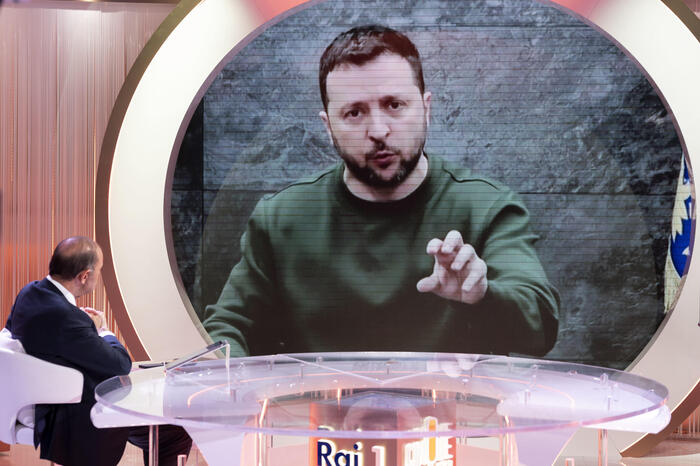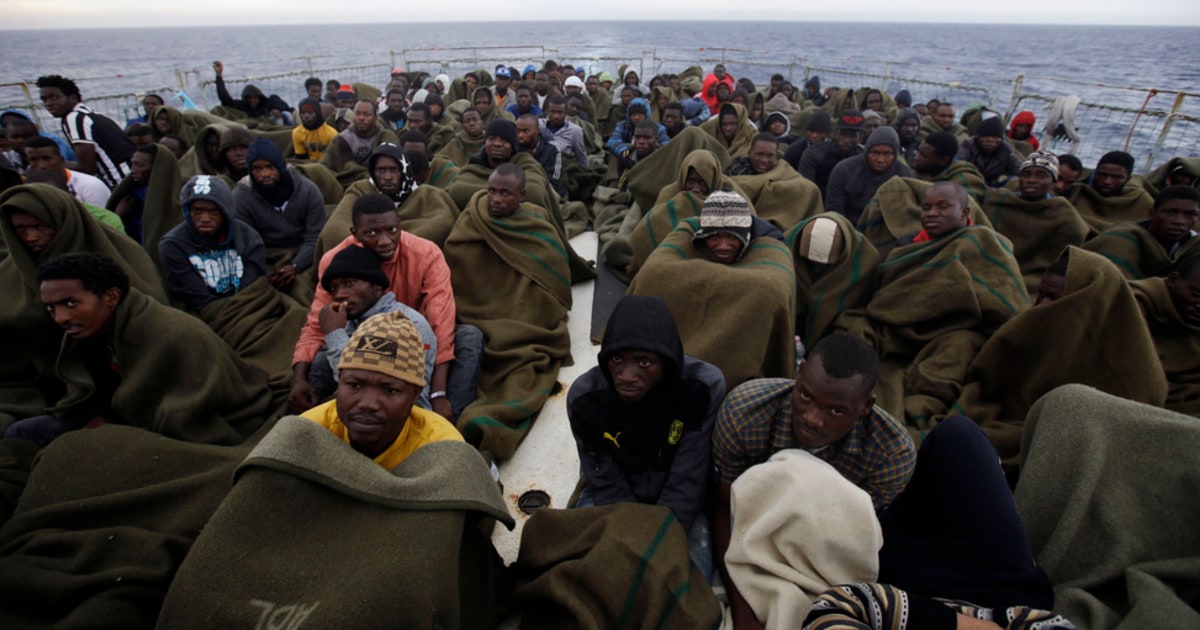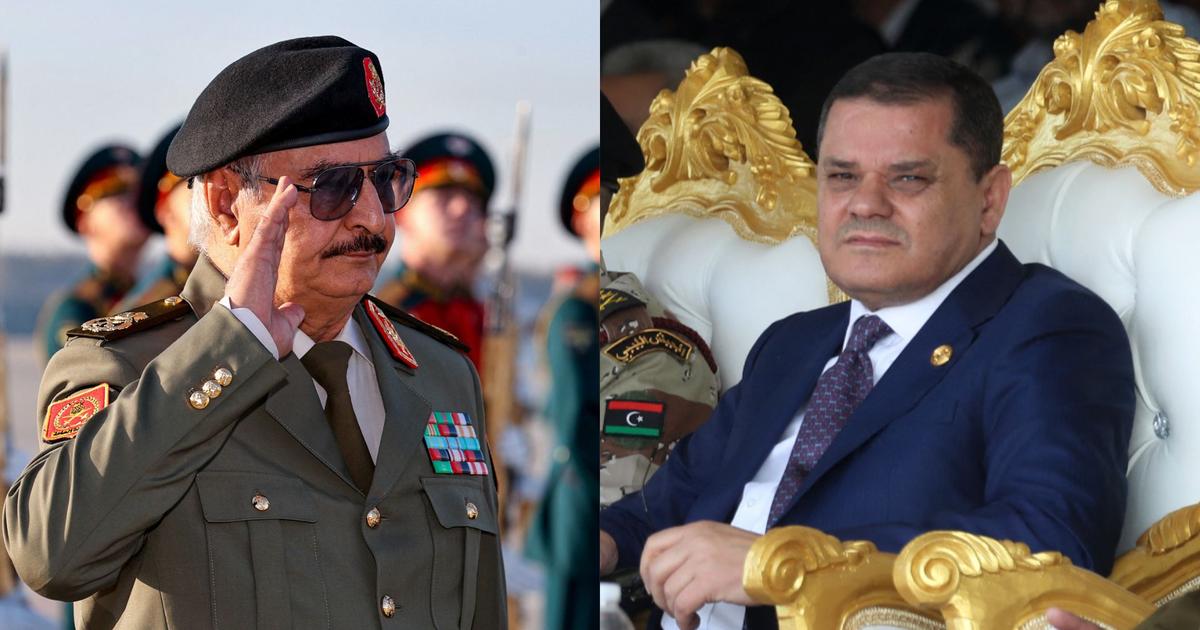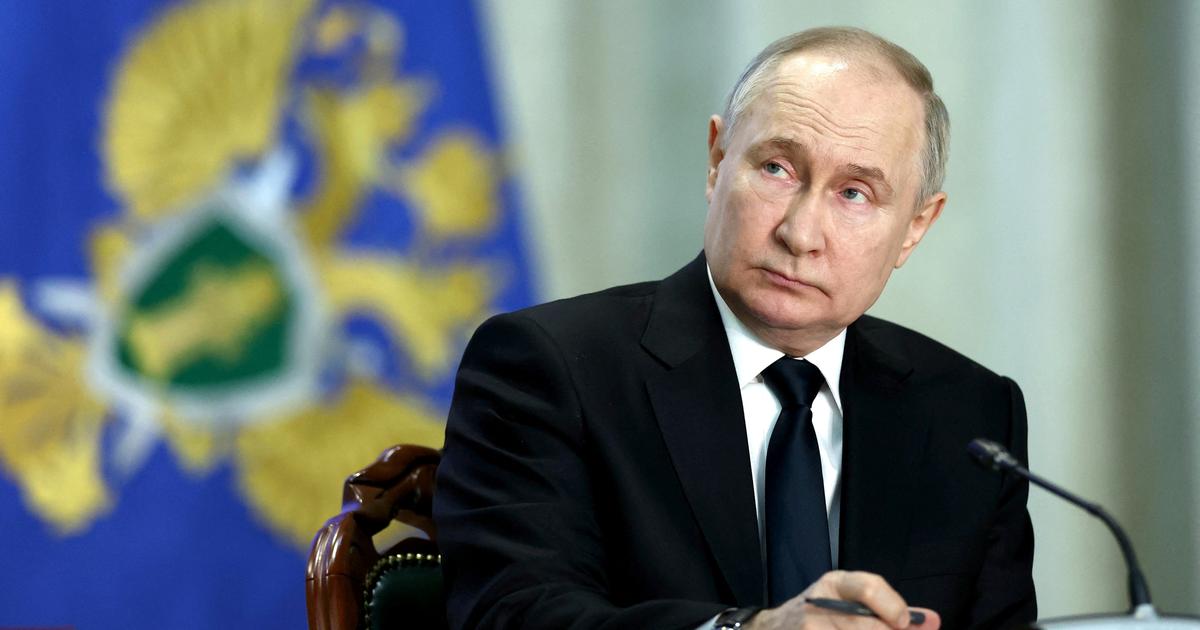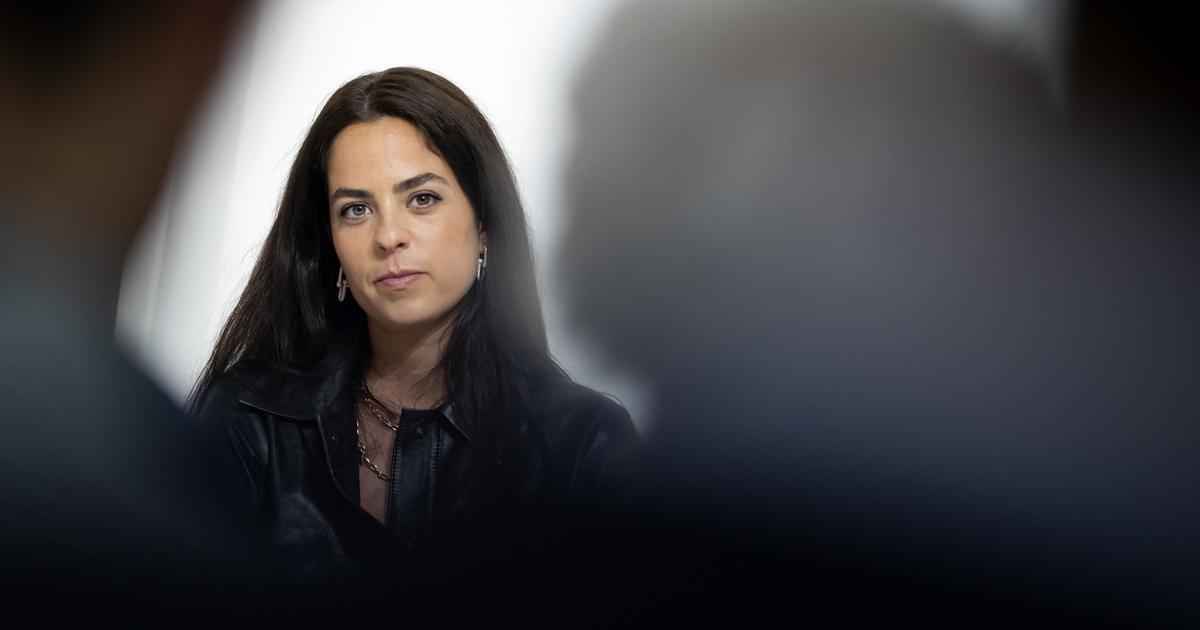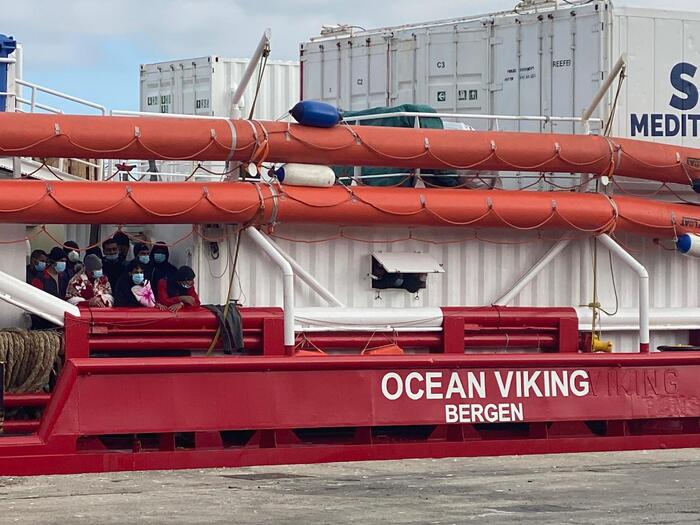Prevent Libya from becoming a "second Syria". The leaders of the main countries involved in the conflict that is tearing apart Libya meet Sunday in Berlin to try to relaunch the peace process.
The number one goal of this UN-sponsored summit, which opens in the early afternoon and is scheduled to end late in the evening, is to end multiple foreign interference in this state where clashes are fueled by appetites around its large oil reserves, regional political rivalries and influence games.
What is this conflict ravaging Libya?
Libya has never been able to find stability since the death of General Gaddafi in 2011. For the past nine months, some 280 civilians and more than 2,000 combatants have been killed according to the UN. Nearly 150,000 Libyans have been forced to flee the fighting.
Between the recent arrival on the ground of Turkish soldiers, the suspected presence of Russian mercenaries and the continuous influx of weapons delivered by several states, the international community fears that the conflict will escalate in this country plunged into chaos since 2011.
No politician has managed to take control of the country since the fall of Muammar Gaddafi in 2011. Two men go to war: Marshal Haftar, the head of the "Libyan National Army" (ANL) controls the east of the country and part of southern Libya.
Supported by Egypt and the allies of Saudi Arabia, it has been trying for months to seize Tripoli, in order to dislodge Fayez al-Sarraj, the Prime Minister recognized by the UN. Both will be present this Sunday as part of the negotiations. But they should not be sitting at the same table.
What can we expect from this summit?
A commitment to respect the embargo on arms deliveries, decreed in 2011 but largely unheeded, is particularly expected, according to the draft final agreement.
A call for a "total" and lasting cessation of hostilities on the ground must also be launched, while the debate on the possible dispatch on the spot of an international force to verify its reality is gaining ground.
Political Newsletter
Every day, political news seen by Le ParisienI'm registering
Your email address is collected by Le Parisien to allow you to receive our news and commercial offers. Find out more
"We consider the Berlin summit as an important step to consolidate the ceasefire and move towards a political solution," said Turkish President Recep Tayyip Erdogan, a key player in the conflict, when he left Istanbul.
On the ground, the UN also hopes during this conference to strengthen the cease-fire that came into force on January 12, on the initiative of Russia and Turkey. So far, the truce has been more or less respected between the two rival camps at the gates of the capital, but it remains fragile: Marshal Haftar has so far refused to sign a formal agreement on the cessation of hostilities, unlike Marshal Sarraj.
Who is involved in the negotiations?
Marshal Haftar's forces appeared to want to send a message to the Berlin conference by blocking the main oil terminals in eastern Libya on Saturday. A way for them to protest against the Turkish intervention.
The Russian and Turkish leaders, who today play a central role in Libya, will meet this Sunday notably the Egyptian, German, French, Italian and German leaders.
However, the meeting has already made several dissatisfied: Morocco and Greece, who were not invited, but also Tunisia, which declined an invitation deemed too late. Algeria will however be represented.
What role does France play in the conflict?
France is suspected by its European partners of supporting the strong man of eastern Libya rather than the GNA. You have to see "the balance of power as it is" with Marshal Haftar who controls with his allies "roughly 80% of the territory", argues a French diplomatic source.
Last spring, Emmanuel Macron had received in Paris Fayez al-Sarraj and Marshal Haftar, two weeks apart. The initiative was intended to be neutral. The fact remains that last July, four French anti-tank missiles were discovered in a headquarters of Marshal Haftar's troops, all the more increasing the suspicions of an unofficial position.


